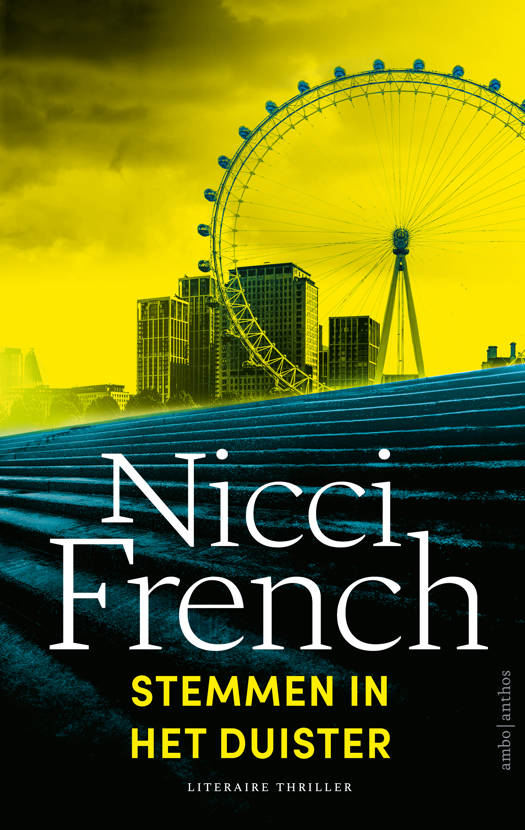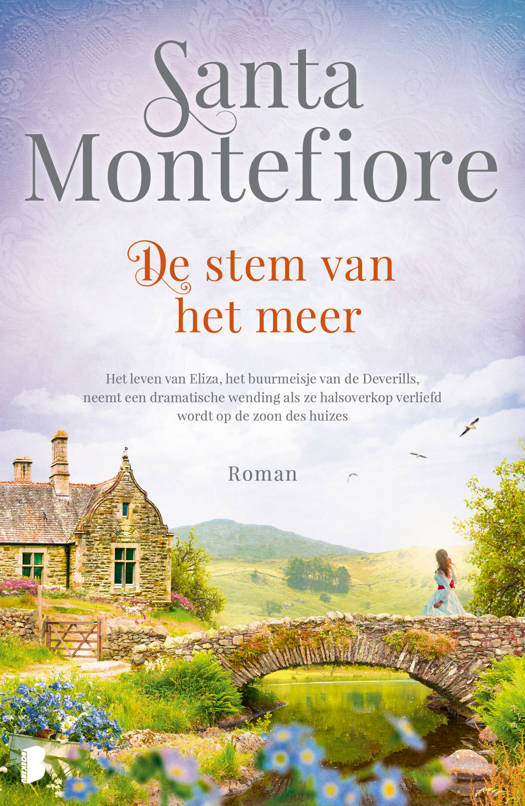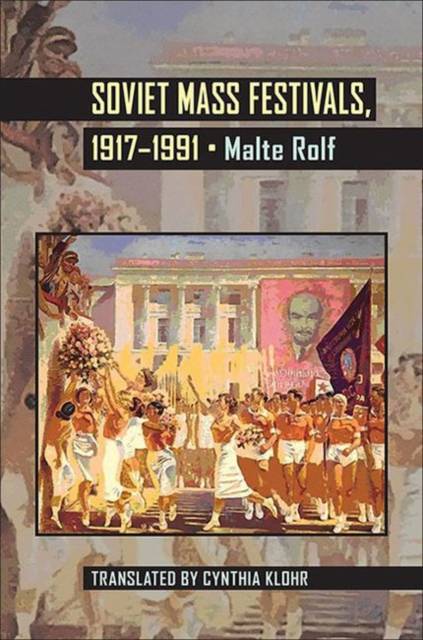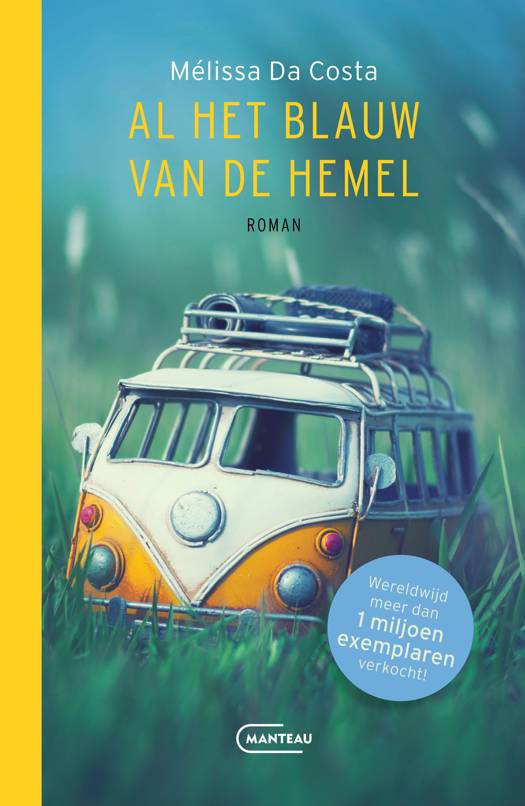
- Afhalen na 1 uur in een winkel met voorraad
- Gratis thuislevering in België vanaf € 30
- Ruim aanbod met 7 miljoen producten
- Afhalen na 1 uur in een winkel met voorraad
- Gratis thuislevering in België vanaf € 30
- Ruim aanbod met 7 miljoen producten
Zoeken
Omschrijving
Mass festivals were a trademark of twentieth-century authoritarianism, as seen in fascist Italy, Nazi Germany, and elsewhere. But nowhere was this phenomenon more prevalent than in the Soviet Union. Despite being a dominant feature of Soviet culture, these public spectacles have been largely overlooked as objects of study by historians. Originally published in German, Malte Rolf's highly acclaimed work examines the creation and perpetuation of large-scale celebrations such as May Day, the anniversary of the October Revolution, Harvest Day, and others throughout the Soviet era. He chronicles the overt political agendas, public displays of power, forced participation, and widespread use of these events in the Soviet drive to eradicate existing cultural norms and replace them with new icons of Soviet ideology. Rolf shows how the new Red Calendar became an essential tool in redefining celebrations in the Soviet Union. Rolf traces the roots of Soviet mass festivals in disparate multiethnic celebrations, protests, and street marches during the late imperial era. He then contrasts these with postrevolutionary events that sought to dissolve ethnic rituals and unify the masses. By the end of the civil war, the Bolsheviks had a well-defined calendar of events and began to dictate the forms of public celebration in accordance with party rhetoric. In distant regions, organizers attempted to follow the models of Moscow and Leningrad, despite budgetary constraints and local resistance. In many outlying areas a hybridization of events developed as local customs merged with party mandates. People often made use of official holidays to adopt their own agendas, yet continued to follow the line of an official Soviet culture. Mass festivals were thus an important tool for Sovietizing the cultural landscape. After the Second World War, the Soviets exported their festival culture to Eastern Europe and the Baltic states, which resulted in a melding of Soviet guidelines with national cultural forms. Additionally, Rolf compares and contrasts Soviet mass spectacles with mass events in Italy, Germany, and the United States to reveal their similar influence despite divergent political, cultural, and social systems. In the Soviet Union, mass festivals continued through the time of Khrushchev, Brezhnev, and up until perestroika, despite their fading political impact. Rolf finds that in the end, Soviet celebrations became effectively ingrained in Russia's post-Soviet national memory, which ironically was the intent of the original festival planners.
Specificaties
Betrokkenen
- Auteur(s):
- Uitgeverij:
Inhoud
- Aantal bladzijden:
- 336
- Taal:
- Engels
- Reeks:
- Reeksnummer:
- nr. 233
Eigenschappen
- Productcode (EAN):
- 9780822962397
- Verschijningsdatum:
- 3/07/2013
- Uitvoering:
- Paperback
- Bestandsformaat:
- Trade paperback (VS)
- Afmetingen:
- 152 mm x 234 mm
- Gewicht:
- 521 g
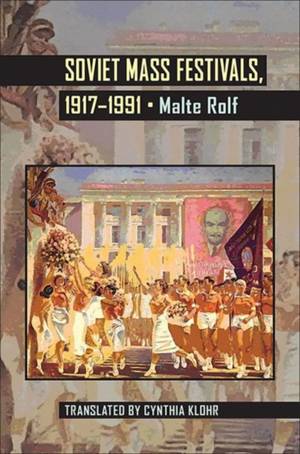
Alleen bij Standaard Boekhandel
+ 150 punten op je klantenkaart van Standaard Boekhandel
Beoordelingen
We publiceren alleen reviews die voldoen aan de voorwaarden voor reviews. Bekijk onze voorwaarden voor reviews.


